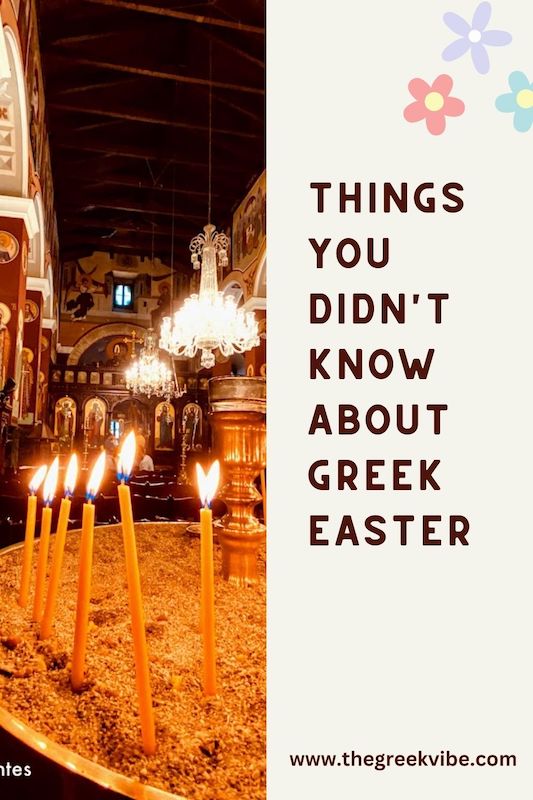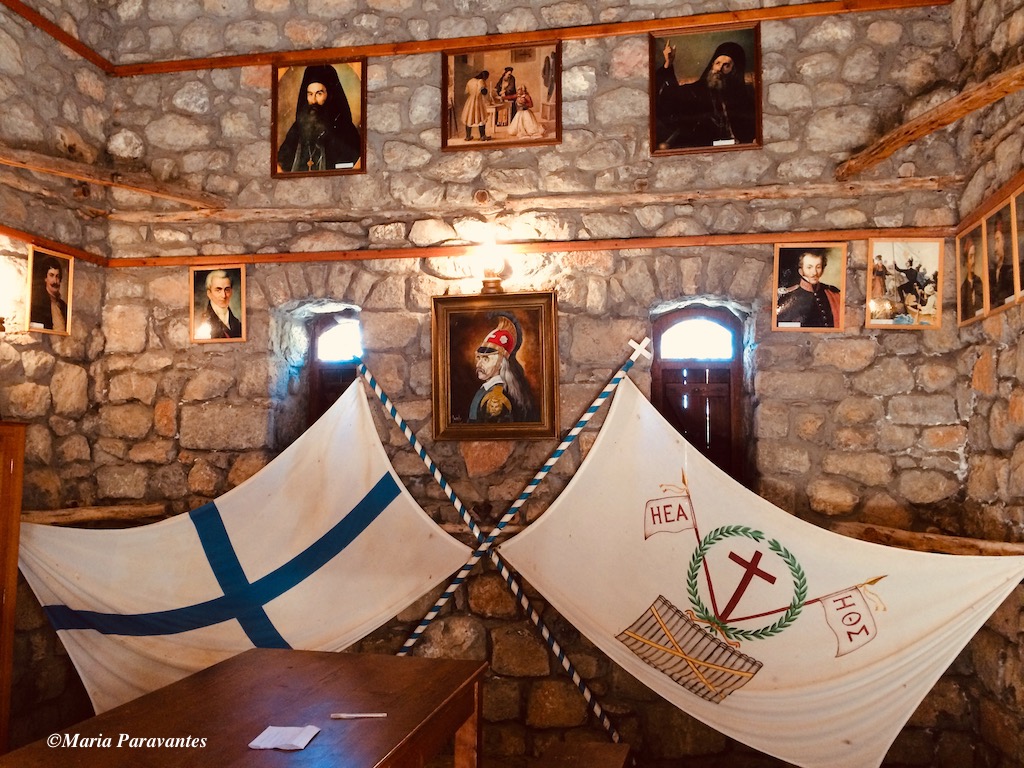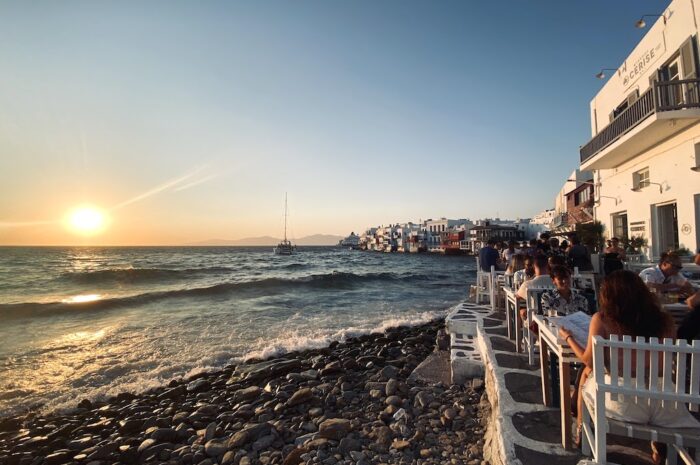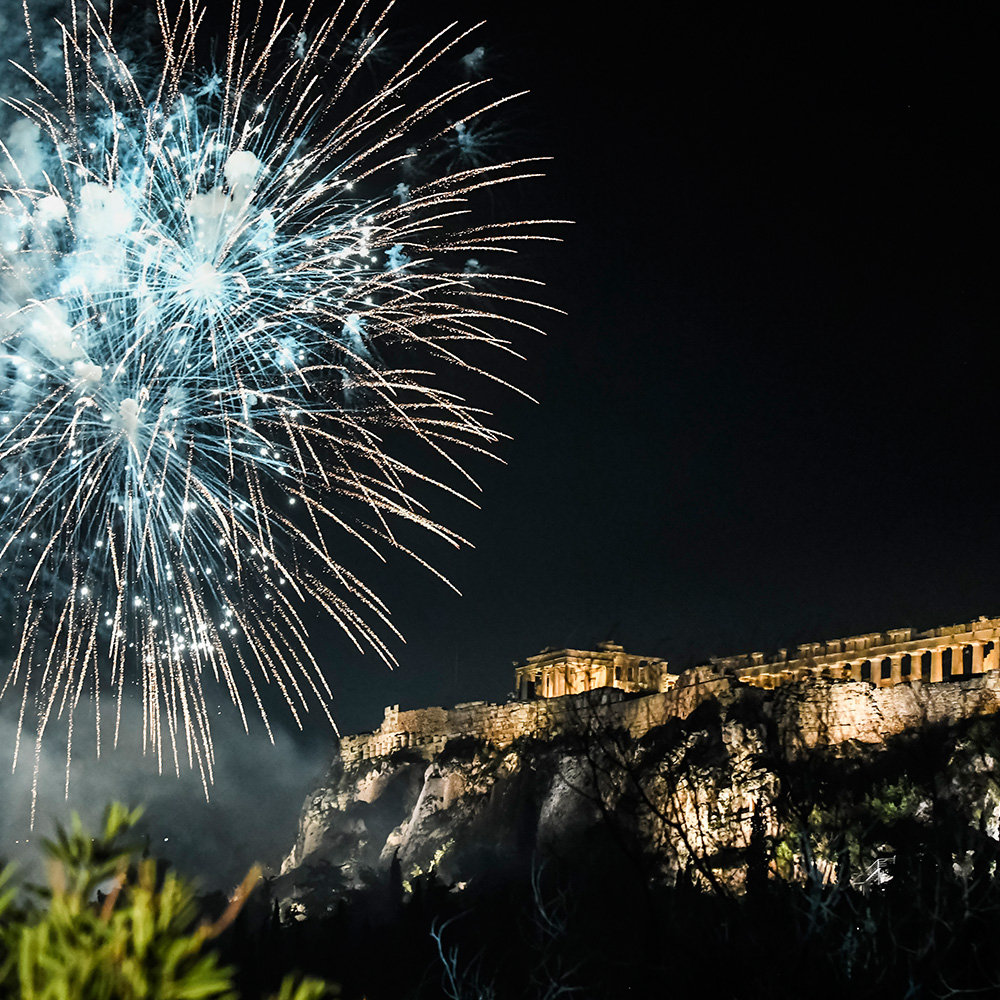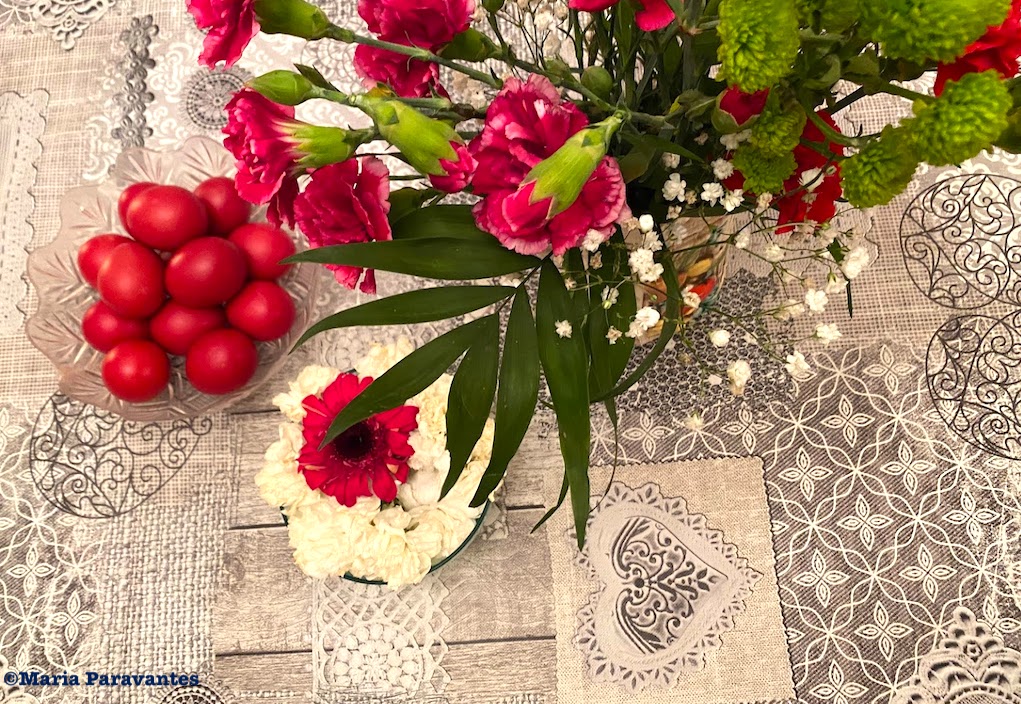
- Greek Easter is not just Easter Sunday but is all about the preparations during Holy Week (Megali Vdomada) leading up to the feast day.
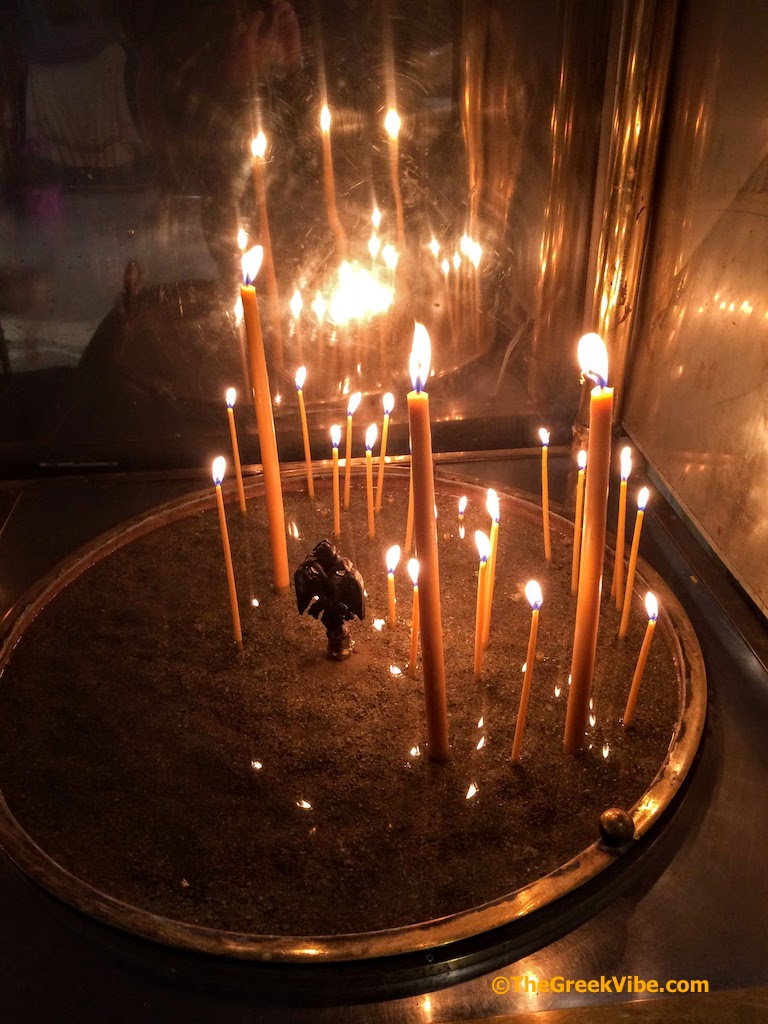
- I recommend visiting a Greek Orthodox church on the evening of Holy Tuesday to hear one of the most moving hymns of Greek Orthodox Easter dedicated to Saint Kassiani known as the “Troparion tis Kassianis”, which is chanted every year. Learn more here.
- Make sure to attend the Holy Friday (Megali Paraskevi) procession at sunset which is very much like a mock funeral. The Holy Friday procession begins at round 8pm – find a church near you and be there by 8pm. Military bands play a funeral march while the church bells peal mournfully all day. Join the faithful who follow the epitaphios procession holding dark yellow candles used for funerals. Holy Friday is the gloomiest day of Holy Week as it signifies the culmination of Christ’s Passion. Learn more here about the meaning of Greek Orthodox Easter’s Holy Friday.
👉🏼 Find the best hotel deals for you
- Holy Saturday is the big day or night I should say. Most of Greece celebrates the “Anastasi” or “Resurrection” at midnight. That’s when you’ll see everyone dressed in their best holding white candles this time at the church because Christ has Risen. At midnight after the sermon which starts earlier, the priest announces “Christos Anesti” and lights one candle. This “Holy Light” – known as “to Agio Fos” is then passed on from one believer to the other with an embrace and the confirmation that He has Risen – “Christos Anesti”. This is the most magical moment as suddenly hundreds of candles of lit around you in a display of unity and connection. In this time, the bells of all churches in Greek villages, towns or cities begin to toll joyfully to the news that Christ was resurrected. Make sure to attend the Anastasi and have in mind that lots of fireworks will be going off around you. It’s a wonderful experience that should not be missed.
►Three Perfect Greek Easter Getaways
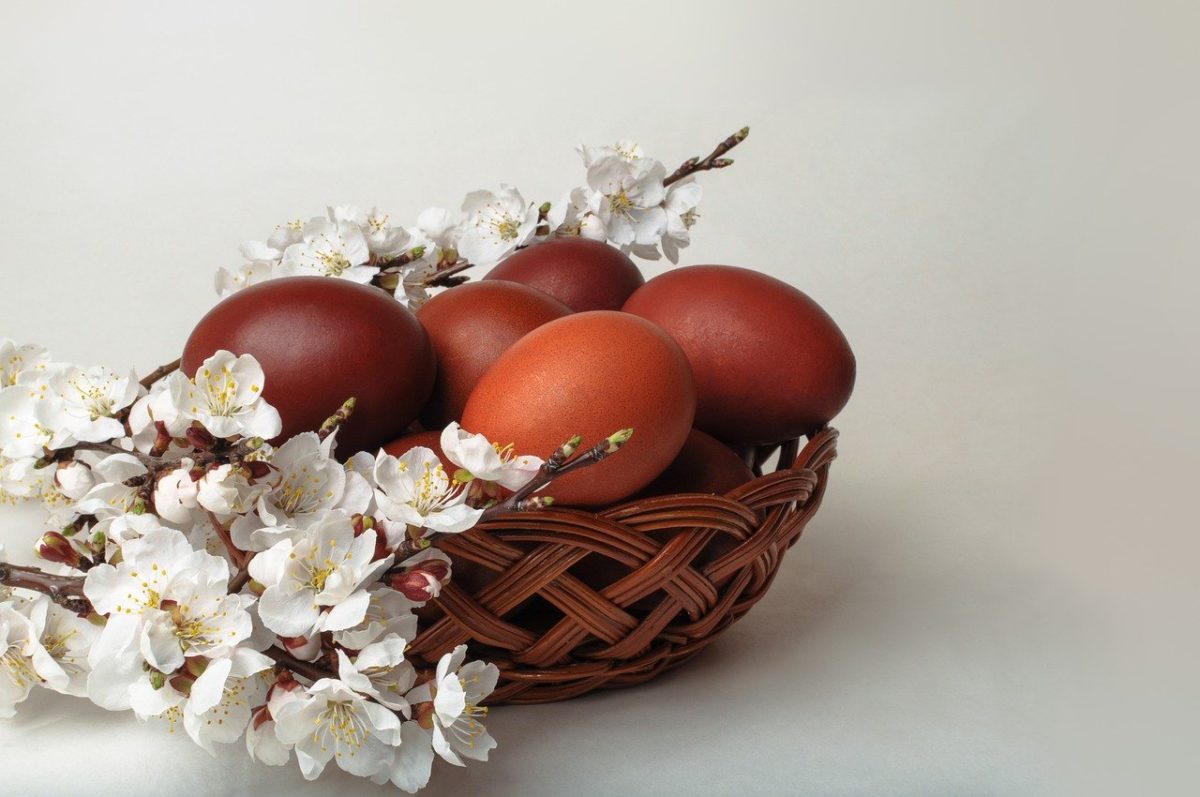
- Easter Sunday is the day of love. At noon the faithful go to church to hear the Gospel of Love (translated into several languages announcing to the world that Christ Has Risen) as bells toll joyously. In the meantime, preparations for the Easter feast have begun at daybreak with the heads of the family preparing the coals to roast the lamb
- Make sure to participate in the “tsougrisma” – Easter Sunday eating begins with the customary red egg bouts known as “tsougrisma”. If you’re egg doesn’t crack you’re in for some good luck
►What Greeks Do on Orthodox Easter
- For the Greek Easter feast, expect to be treated to roast lamb, spring salad, cheese, dyed red eggs, freshly baked bread with a red egg in the center, oven-baked potatoes, Greek cheese or greens pies, and plenty of wine on Easter Sunday. Traditional sweets include galopita (a creamy milk pie) and diples (honey and walnut covered fritters)
- dancing is a requirement to shed the past year’s negative energy and start anew.
• In the coming weeks, we replace our usual daily greetings with “Christos Anesti” (Christ has Risen) and the others respond with: “Alithos Anesti” or “Alithos o Kyrios”, which confirms that “He has Truly Risen”. We use this greeting for 40 days after Easter and it can also be heard during church services.
👉🏼 Dream of visiting Greece? Start planning
Christos Anesti!
Enjoyed this Post? Share and Pin it!
